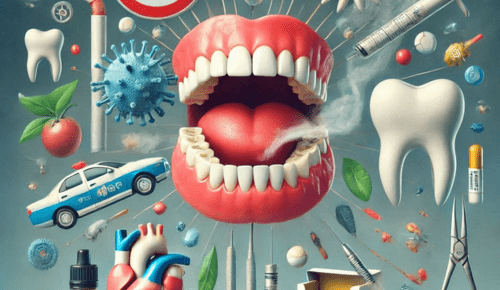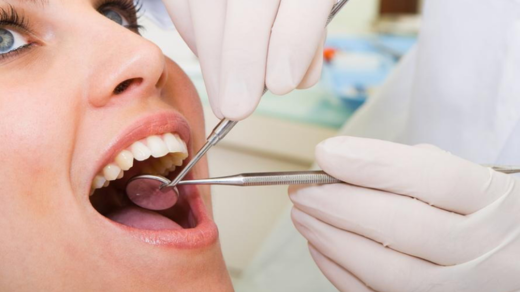In today’s fast-paced world, smartphones have become an essential part of our daily lives, but excessive use can have unintended consequences on our oral health. Stress, which is often exacerbated by smartphone addiction, can also lead to dental attrition, a condition characterized by the wear and tear of the teeth.
As a dentist in Jackson Heights, New York, our team has seen firsthand the impact of smartphone addiction and stress on dental health. From teeth grinding and clenching to jaw pain and tooth sensitivity, the effects of dental attrition can be painful and costly.
The Link Between Smartphone Addiction and Dental Attrition
Smartphone addiction is a growing concern that affects millions of people worldwide. Excessive smartphone use can lead to a range of negative effects, including sleep deprivation, eye strain, and even mental health problems. However, one of the lesser-known effects of smartphone addiction is dental attrition.
When we use our smartphones, we often hold our phones in front of our faces, which can lead to a forward head posture. This posture can put a strain on the jaw and teeth, leading to teeth grinding and clenching. Teeth grinding and clenching are major contributors to dental attrition, as they can wear down the teeth and lead to chipping and cracking.
Furthermore, smartphone addiction can also lead to stress, which is another major contributor to dental attrition. When we are stressed, we often clench our jaws and grind our teeth, which can lead to wear and tear on the teeth.
The Impact of Stress on Dental Attrition
Stress is a common problem that affects millions of people worldwide. It can be caused by a range of factors, including work, relationships, and even financial problems. However, stress can also have a profound impact on our oral health, particularly when it comes to dental attrition.
When we are stressed, our body’s “fight or flight” response is triggered, which can lead to a range of physical symptoms, including teeth grinding and clenching. Teeth grinding and clenching can wear down the teeth, leading to chipping and cracking.
Furthermore, stress can also lead to other oral health problems, including gum disease and tooth decay. When we are stressed, we may be more likely to neglect our oral hygiene habits, which can lead to a range of oral health problems.
The Consequences of Dental Attrition
Some of the most common consequences of dental attrition include:
- Tooth sensitivity: As the teeth wear down, the dentin layer can become exposed, leading to sensitivity.
- Tooth pain: Dental attrition can lead to tooth pain, particularly when eating or drinking hot or cold foods and drinks.
- Chipping and cracking: Dental attrition can lead to chipping and cracking of the teeth, which can be painful and unsightly.
- Changes in bite: Dental attrition can lead to changes in the bite, which can affect the overall alignment of the teeth.
Preventing Dental Attrition
Some of the most effective ways to prevent dental attrition include:
- Practicing good oral hygiene habits: Brushing and flossing regularly can help to prevent dental attrition by removing plaque and bacteria that can contribute to tooth wear.
- Avoiding excessive smartphone use: Taking regular breaks from smartphone use and practicing good posture can help to reduce the risk of dental attrition.
- Managing stress: Finding healthy ways to manage stress, such as through exercise or meditation, can help to reduce the risk of dental attrition.
- Wearing a mouthguard: Wearing a mouthguard at night can help prevent teeth grinding and clenching, which can contribute to dental attrition.
Conclusion
It’s essential to be aware of the risks associated with smartphone addiction and stress and to take proactive steps to prevent dental attrition. By doing so, individuals can avoid the consequences of dental attrition, including tooth sensitivity, tooth pain, chipping and cracking, and changes in the bite. By doing so, you can maintain good oral health, avoid the consequences of dental attrition, and enjoy a healthy, happy life.




